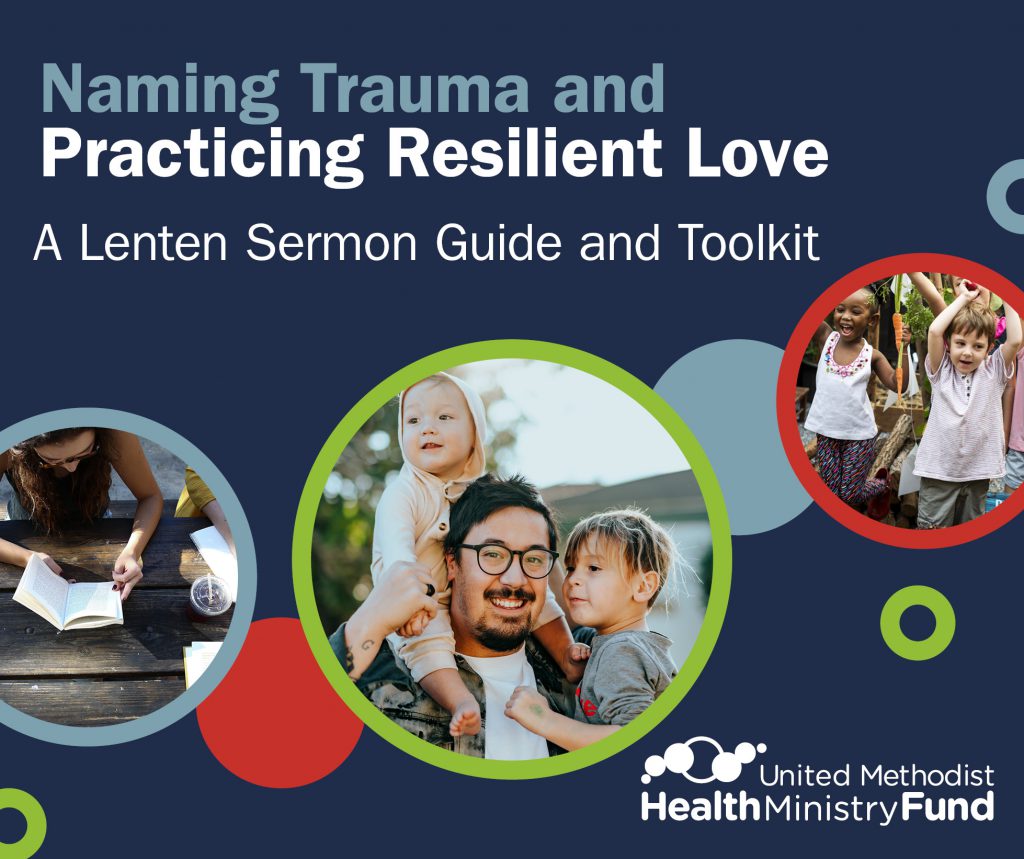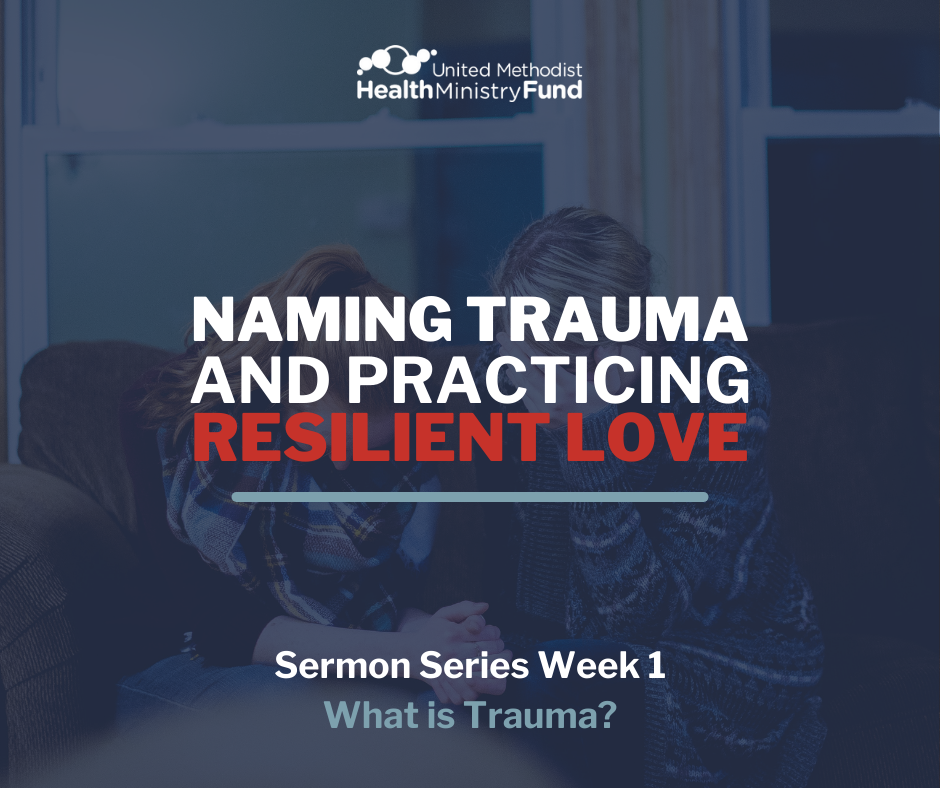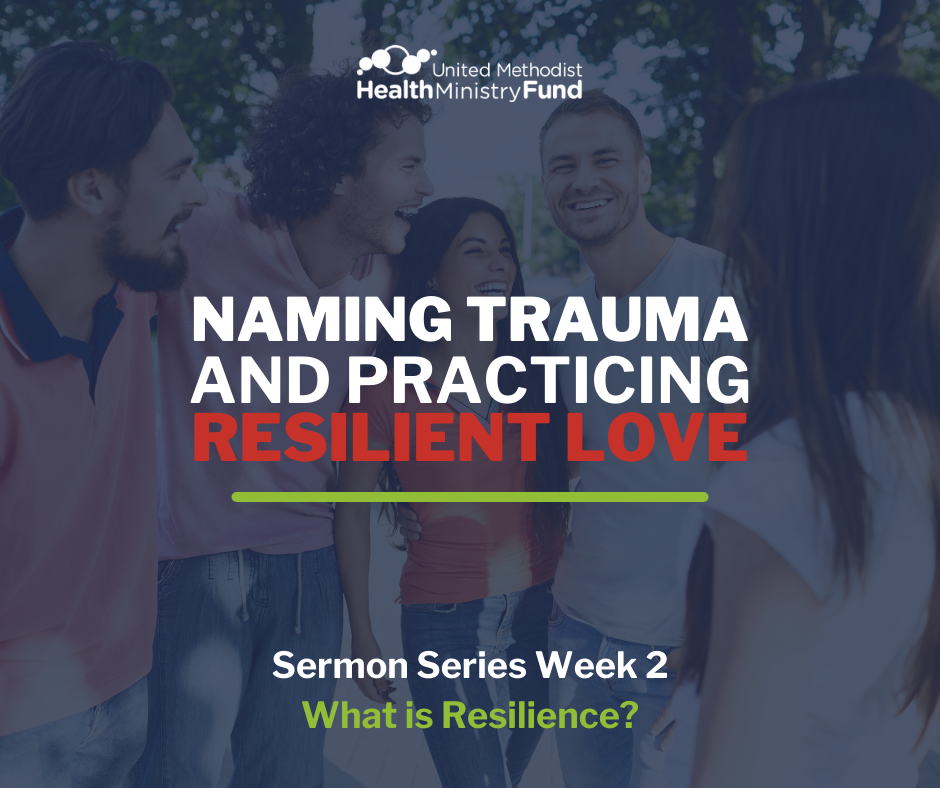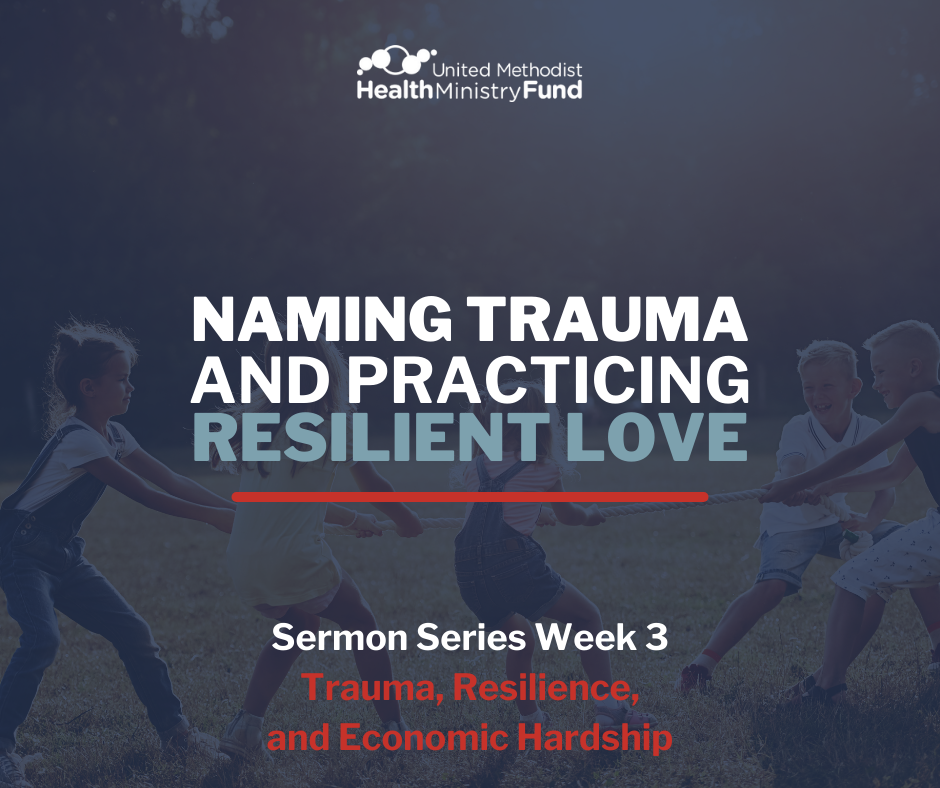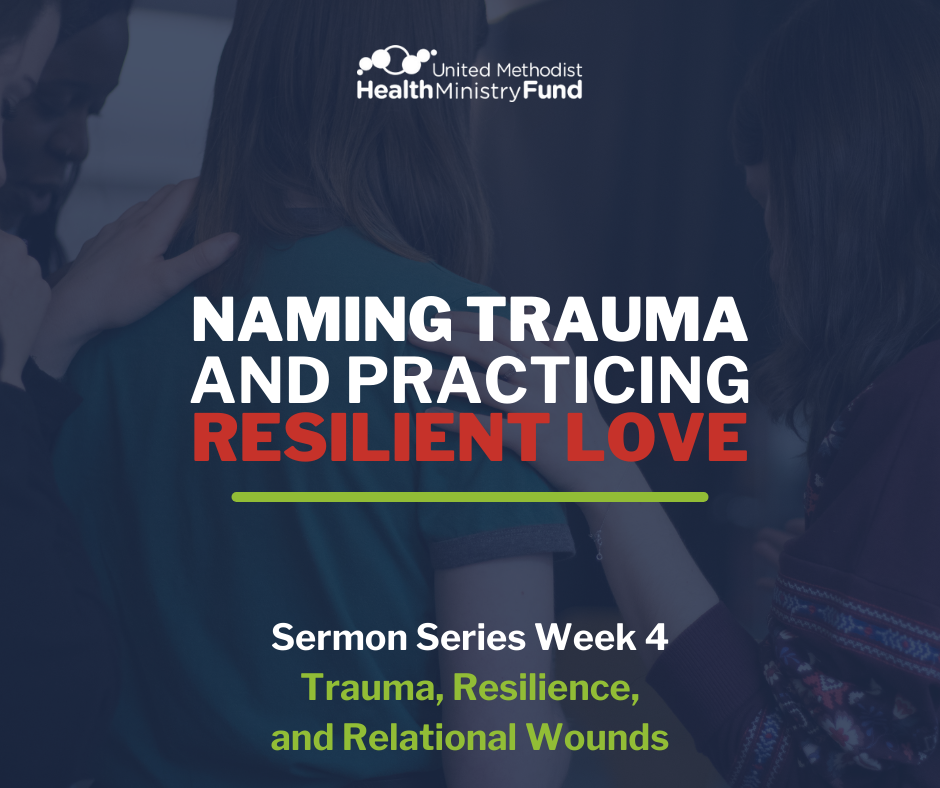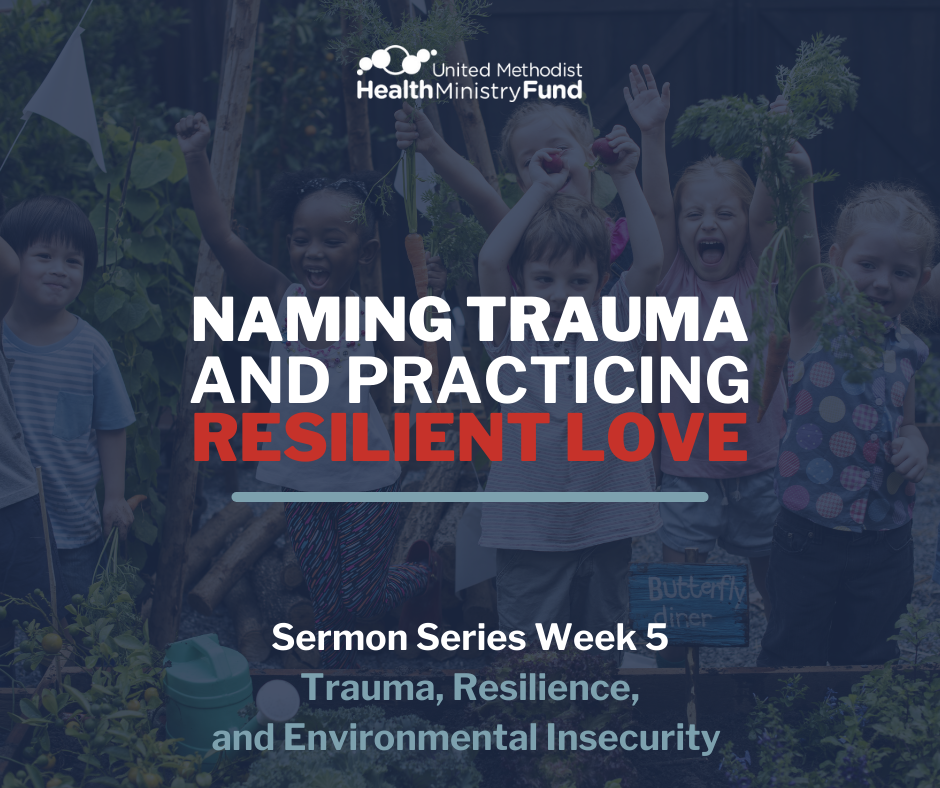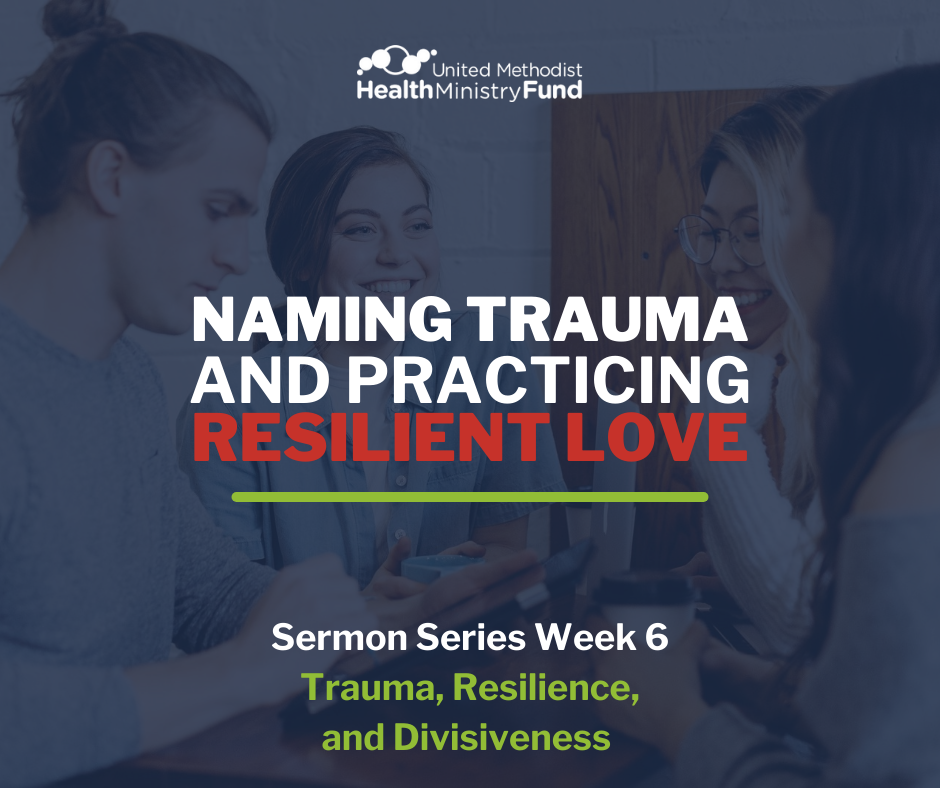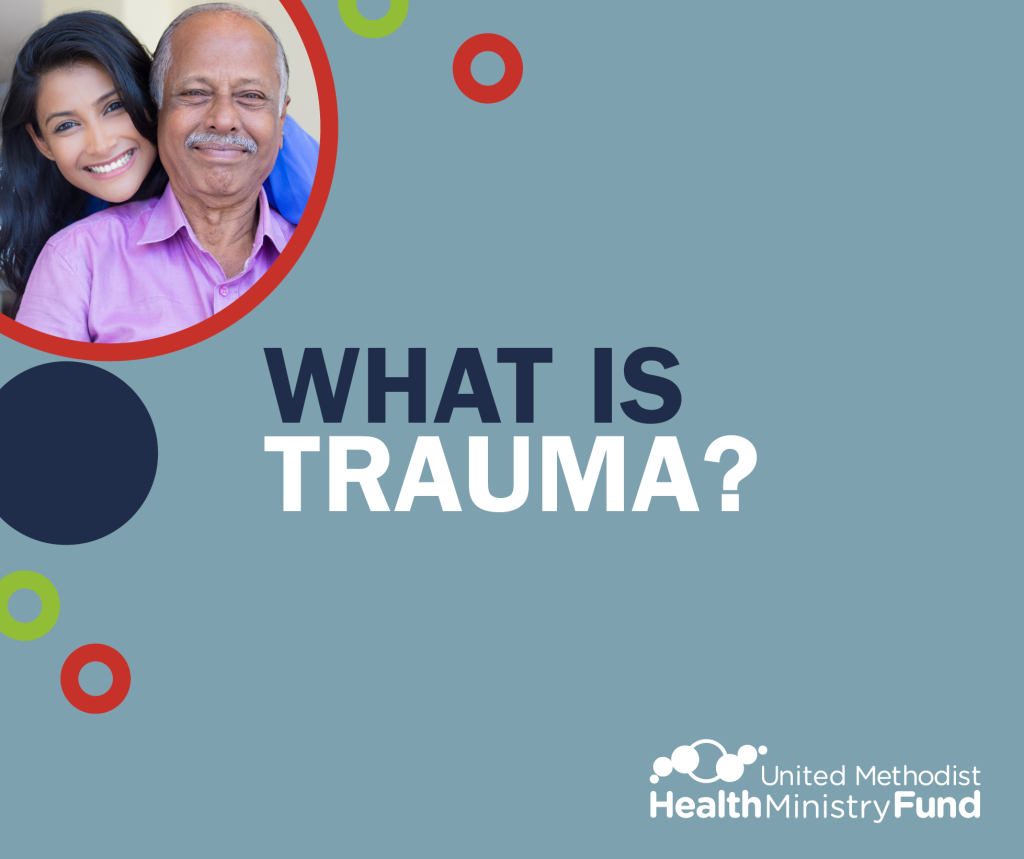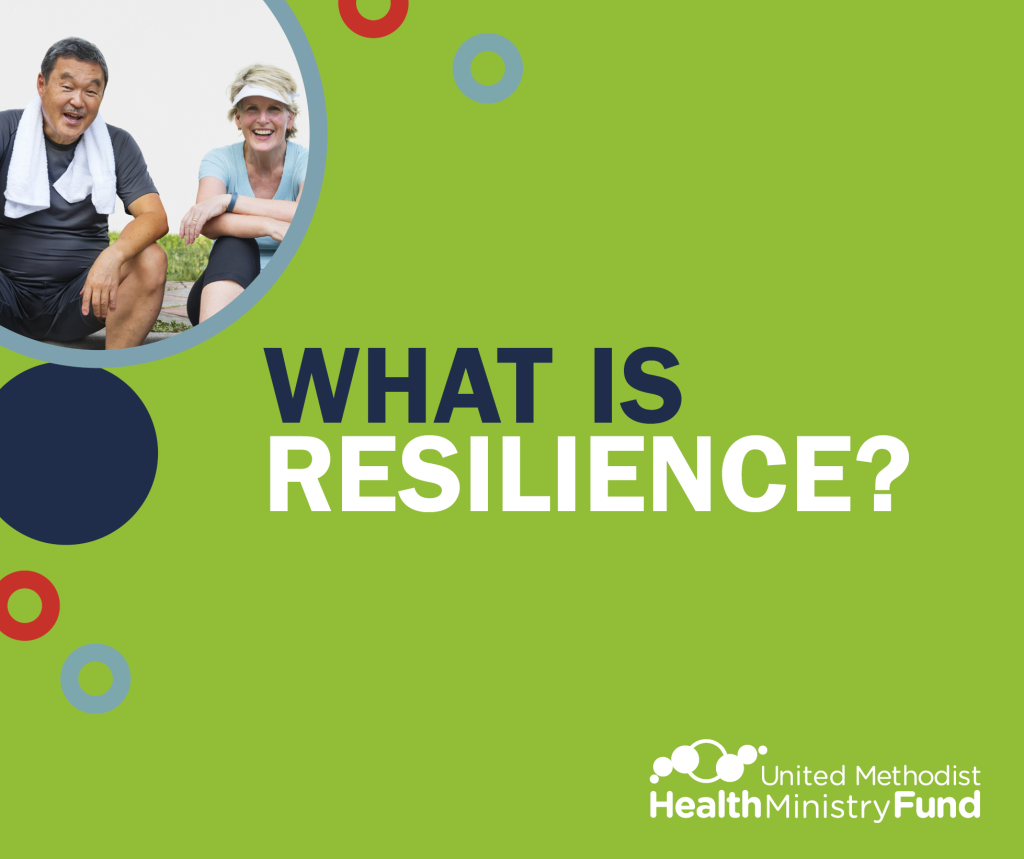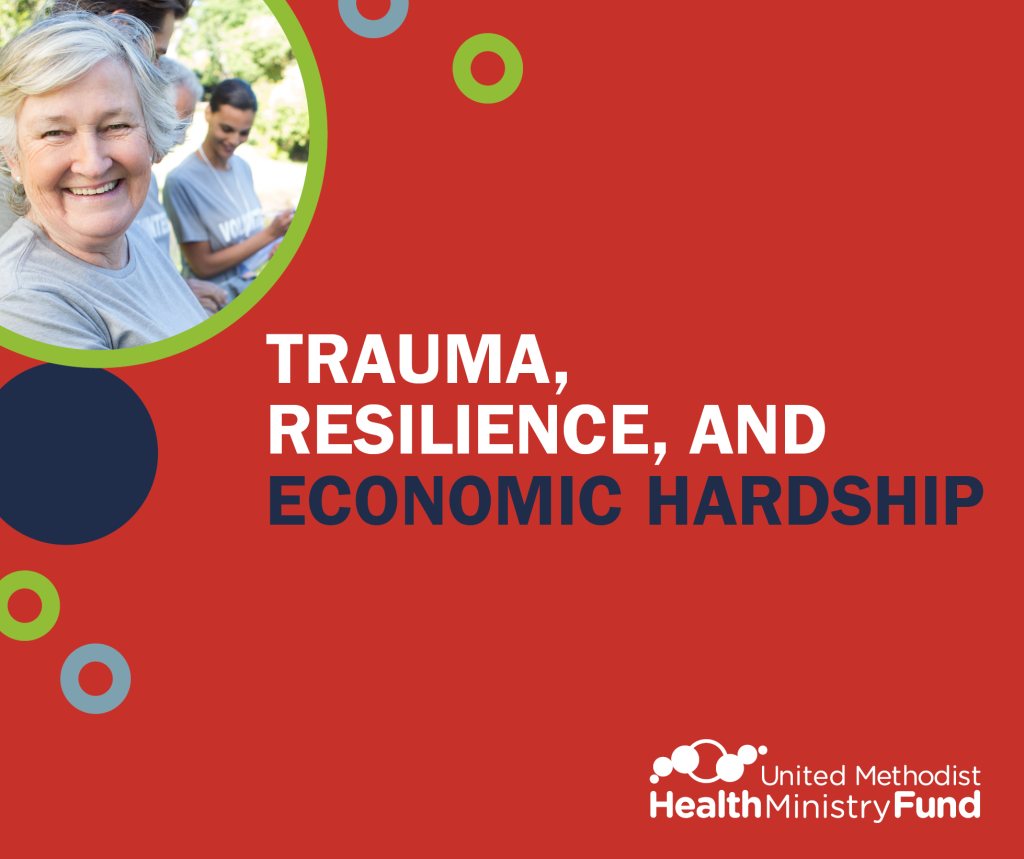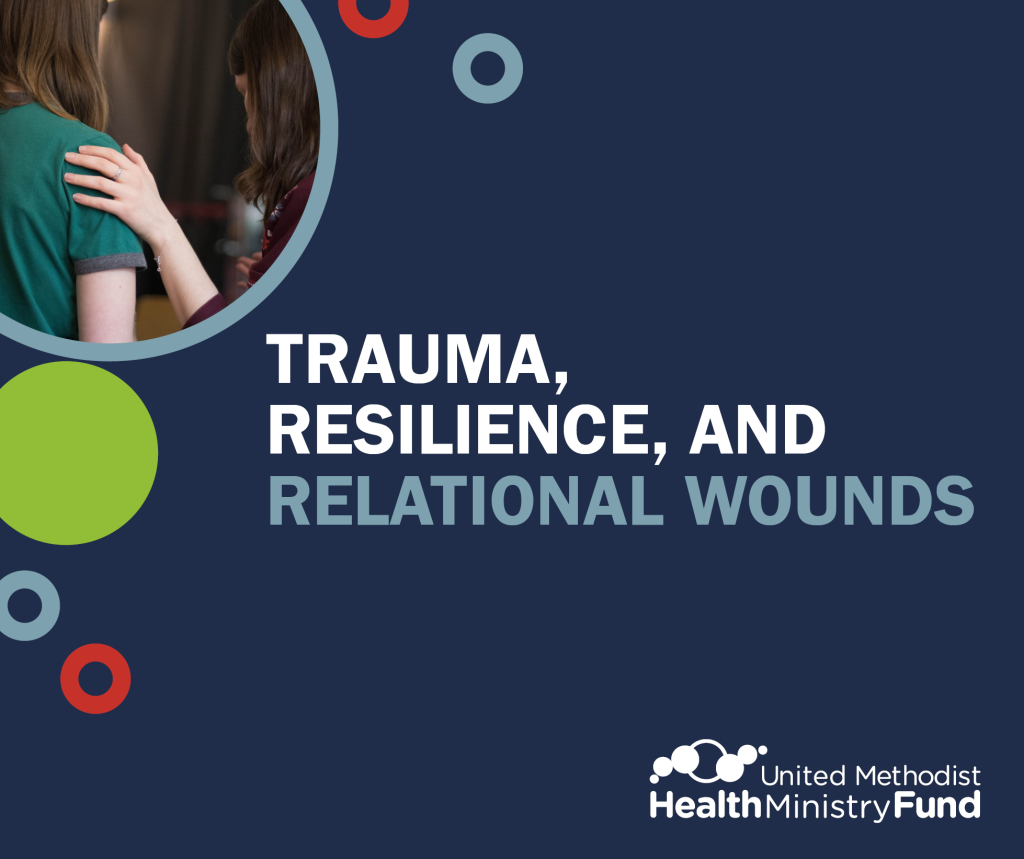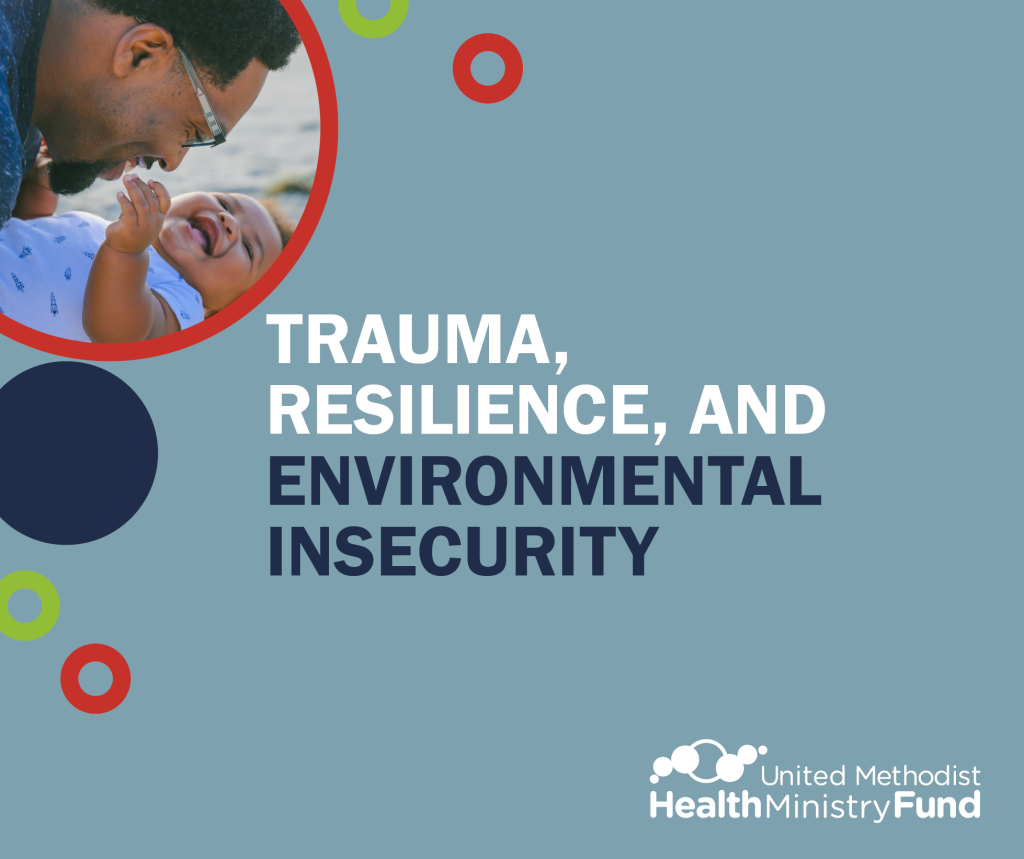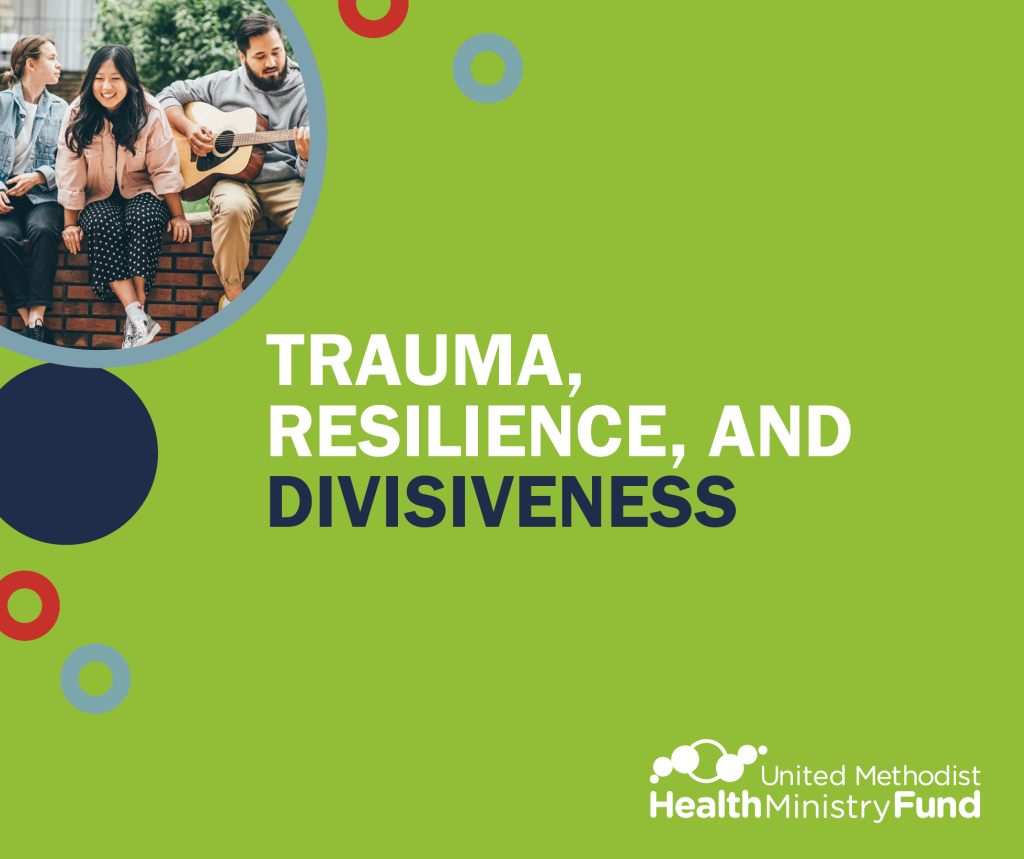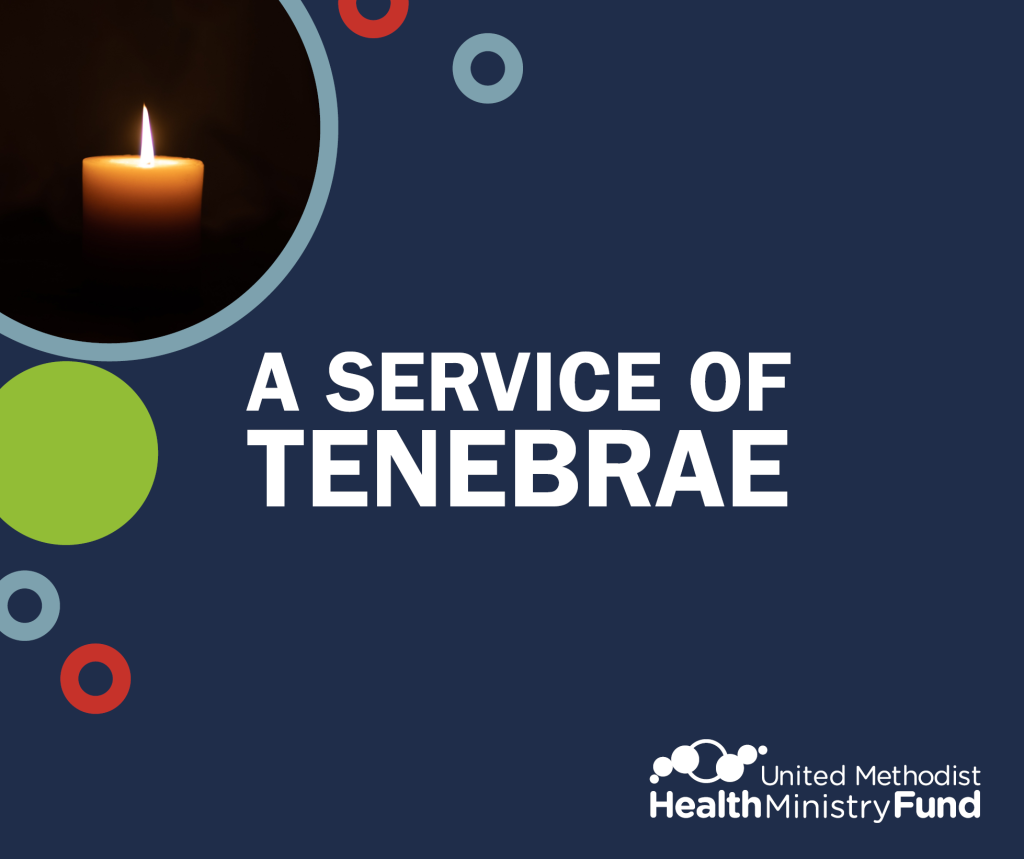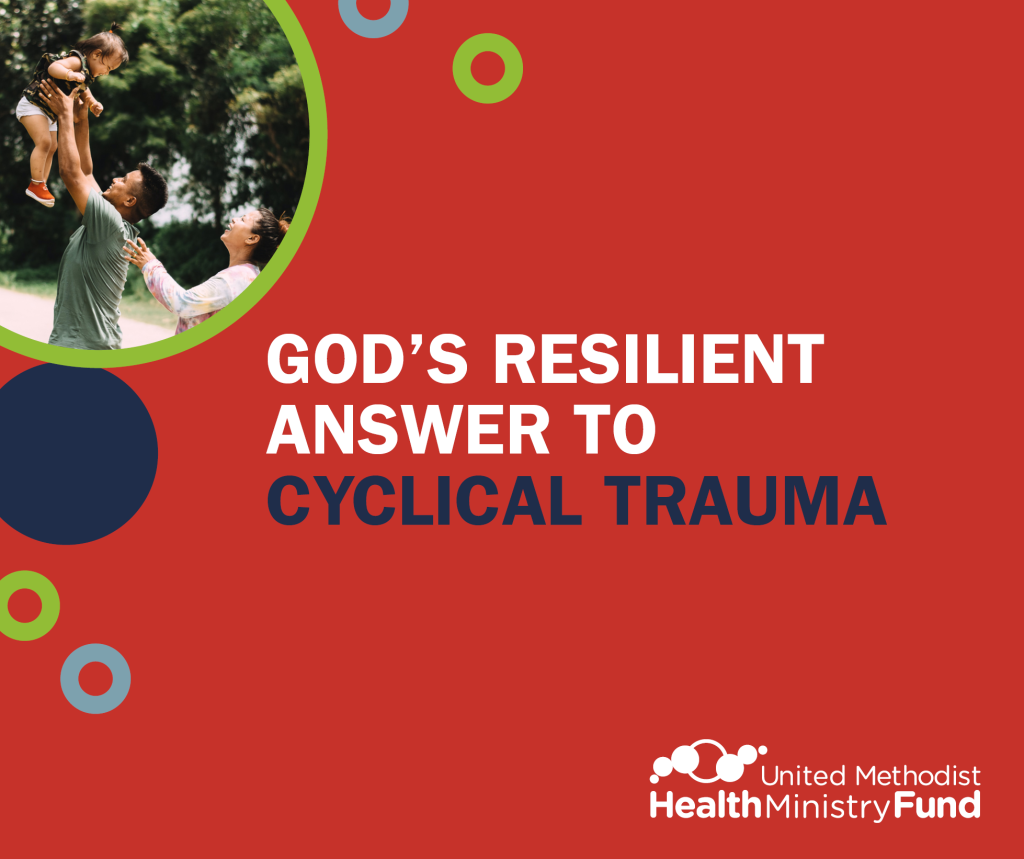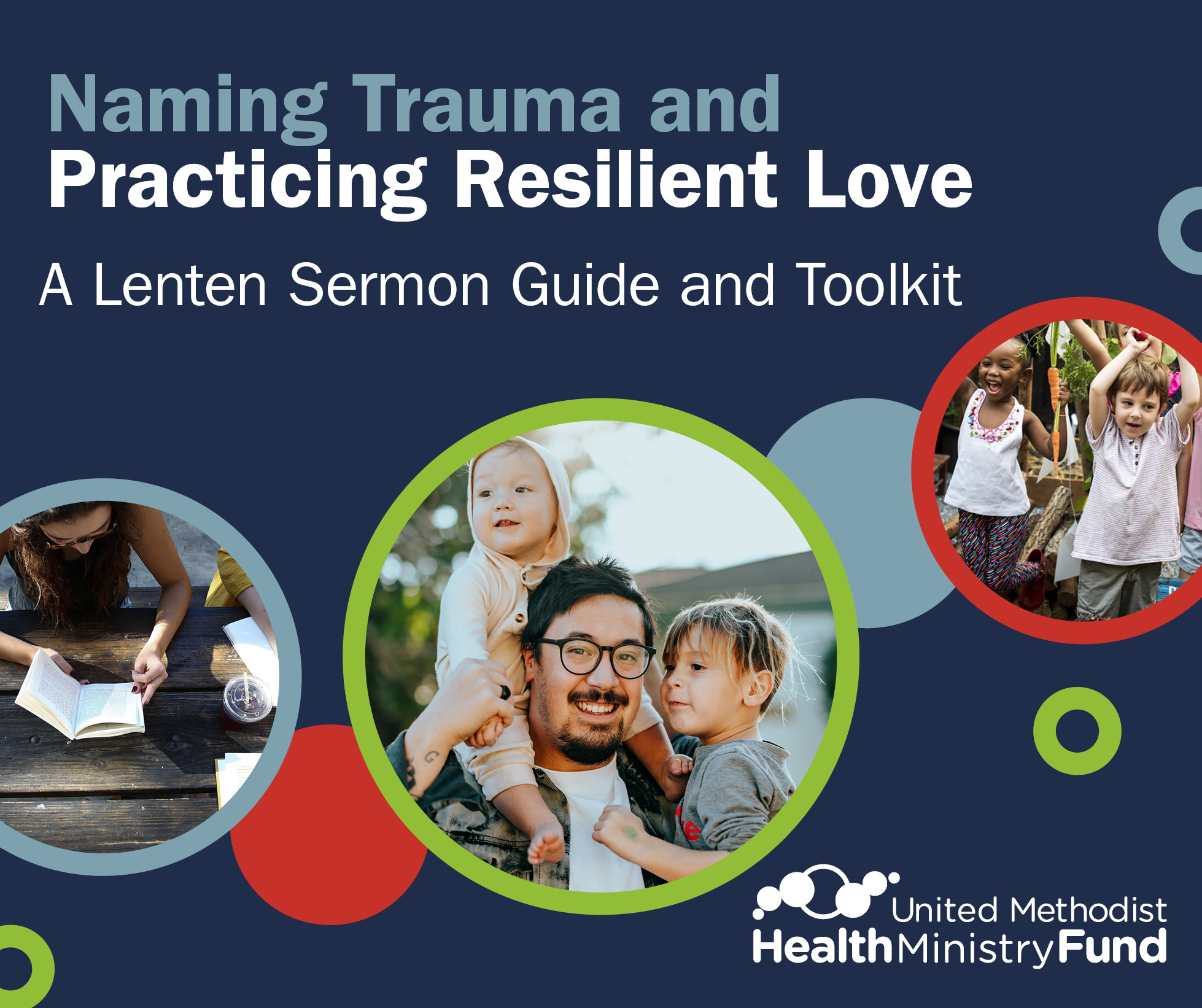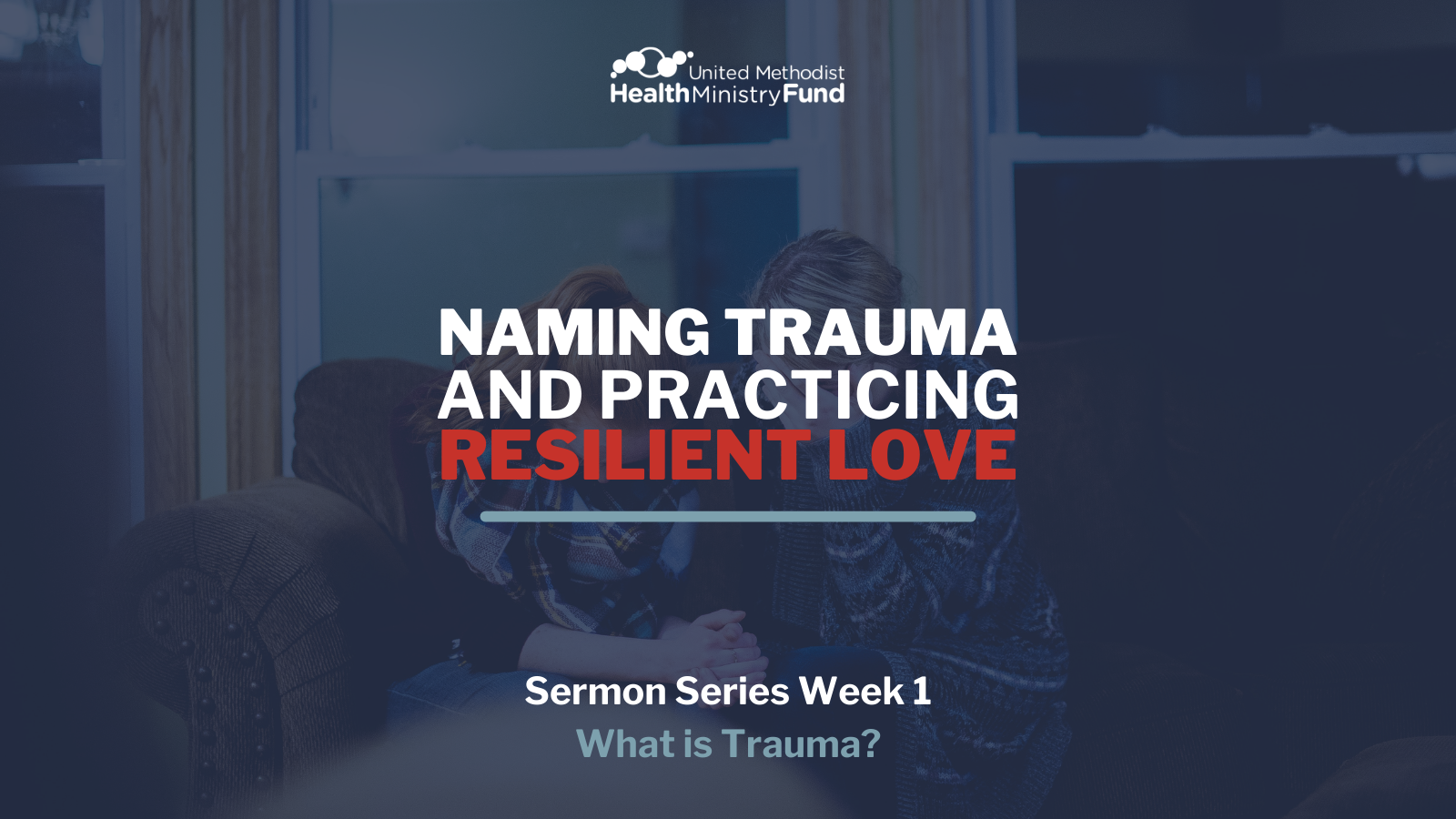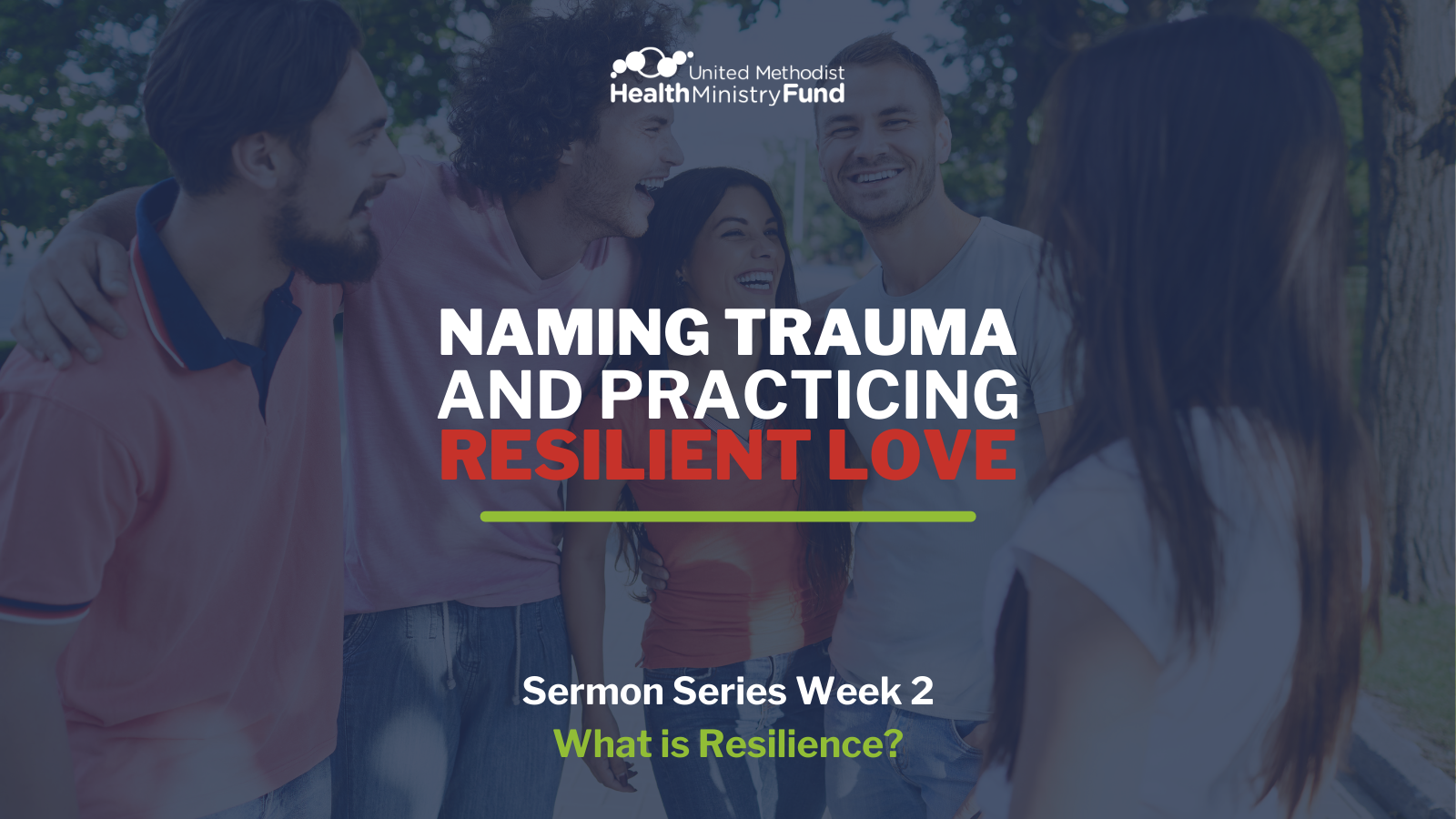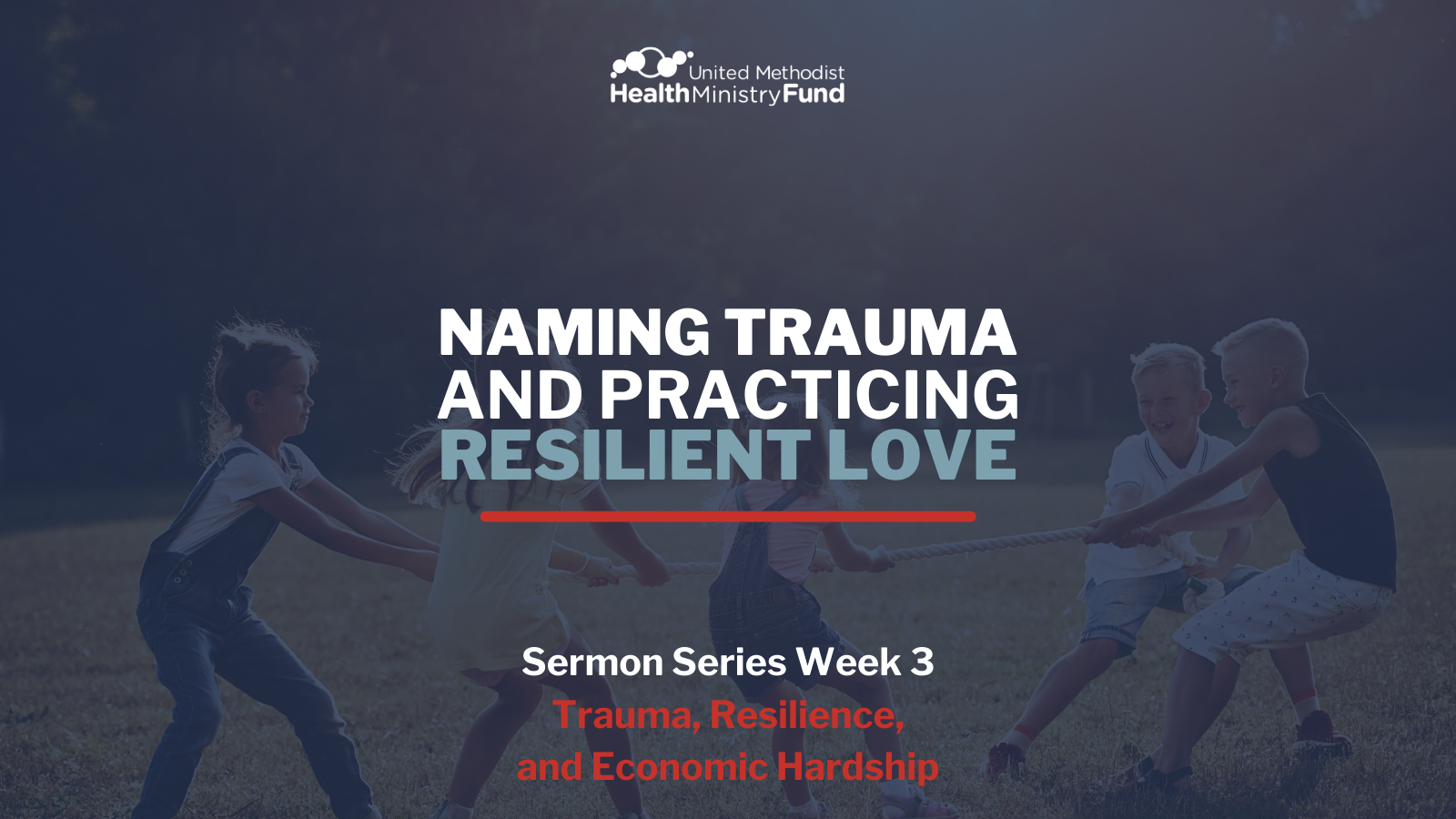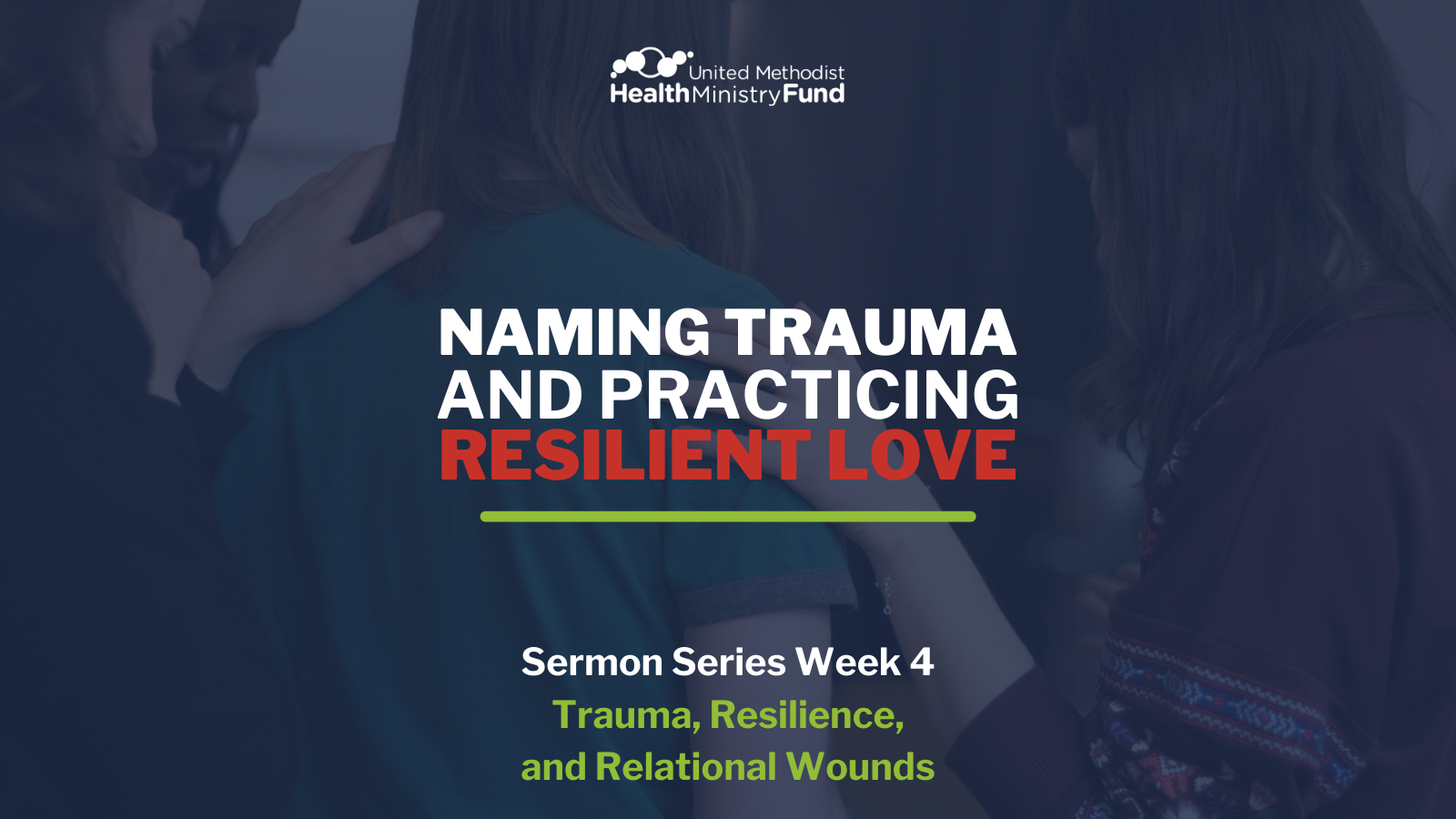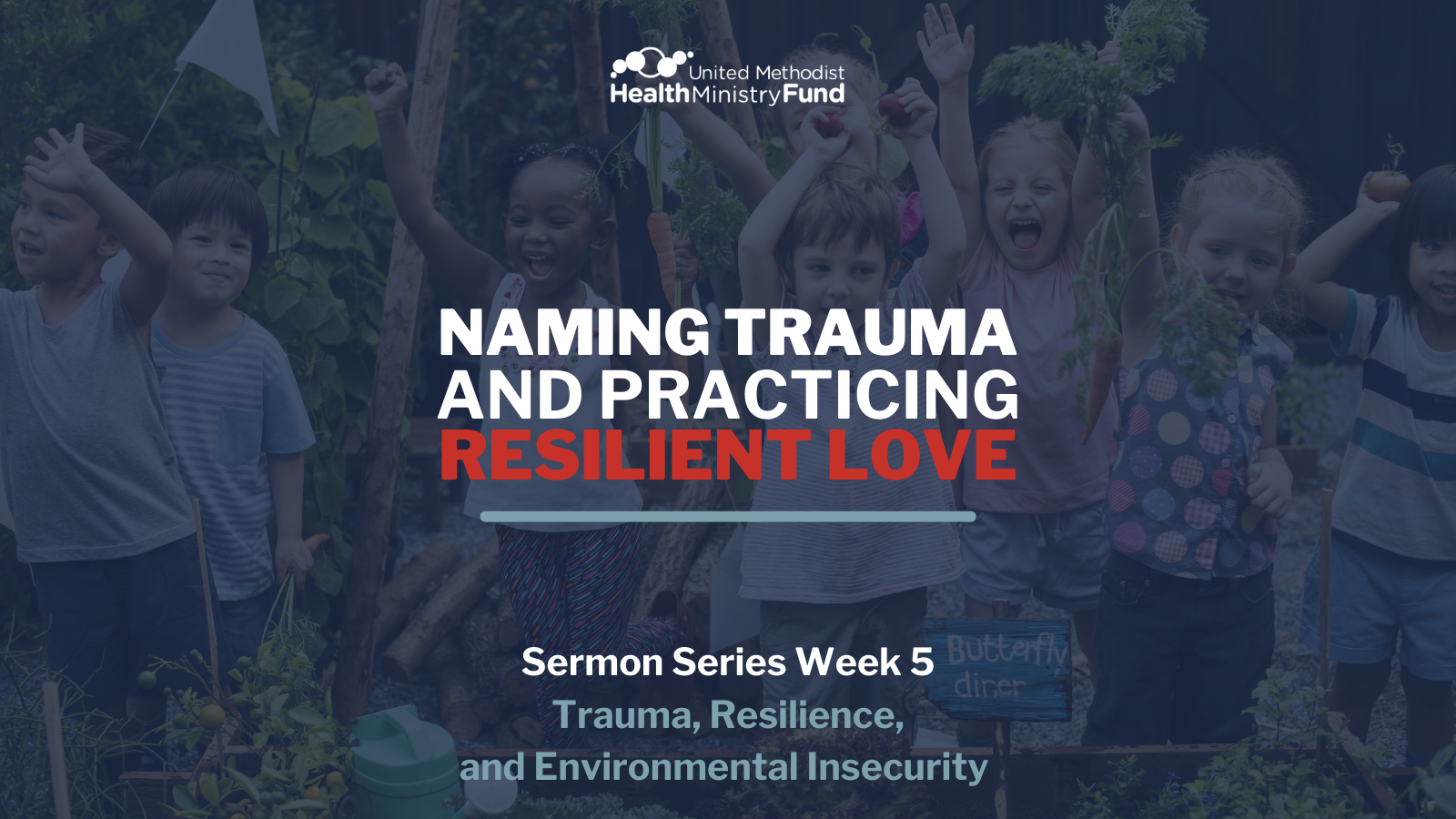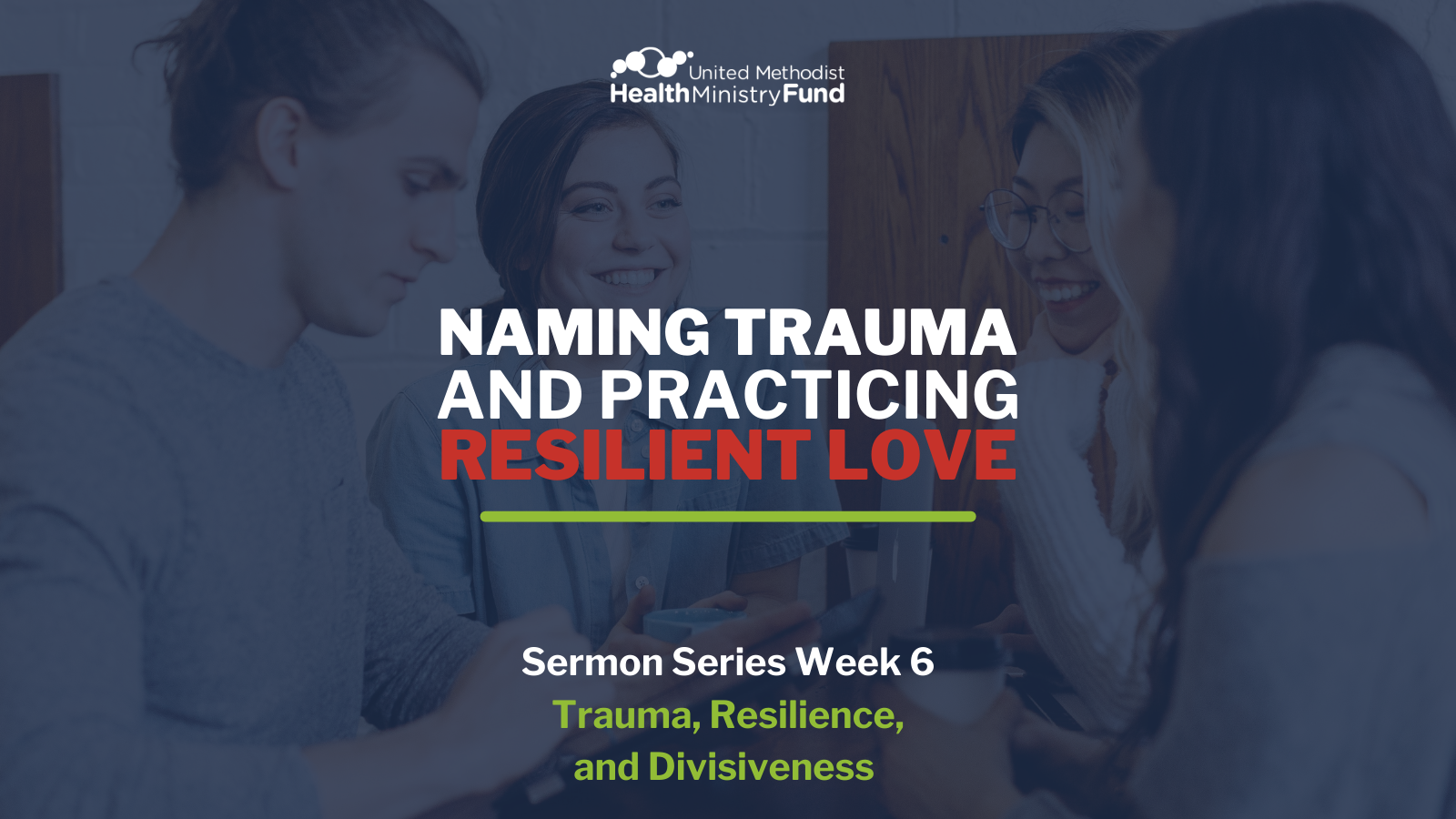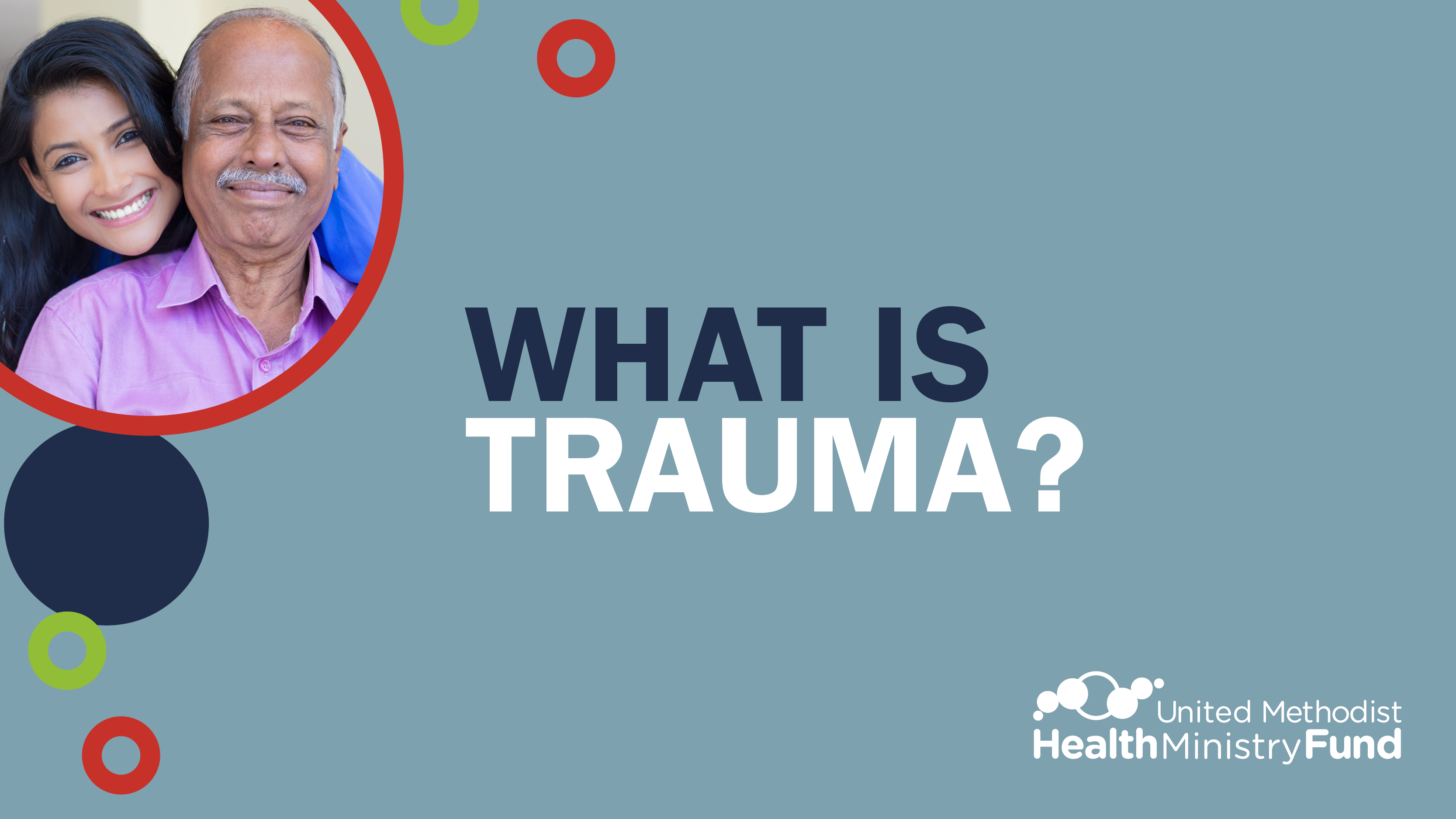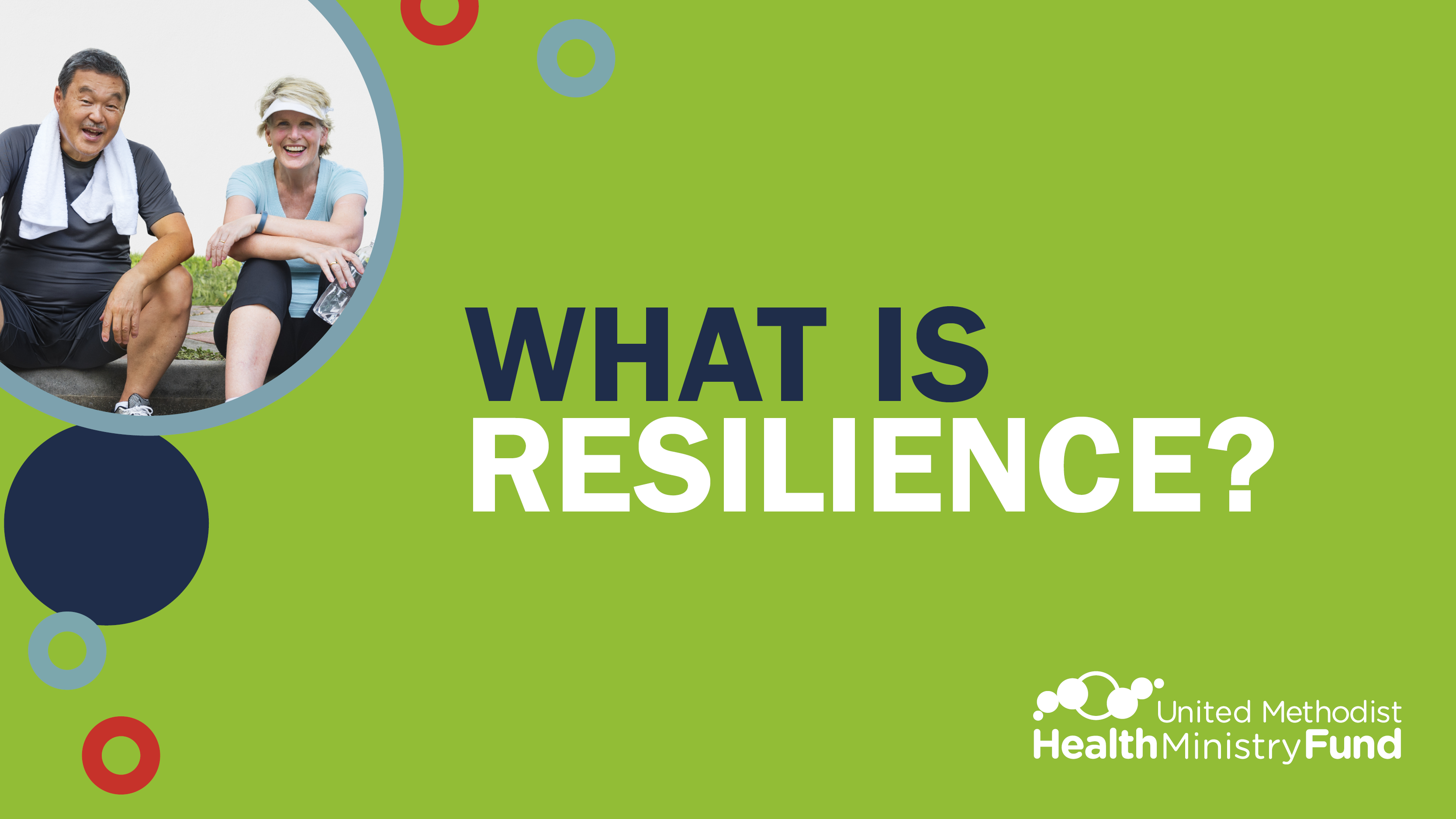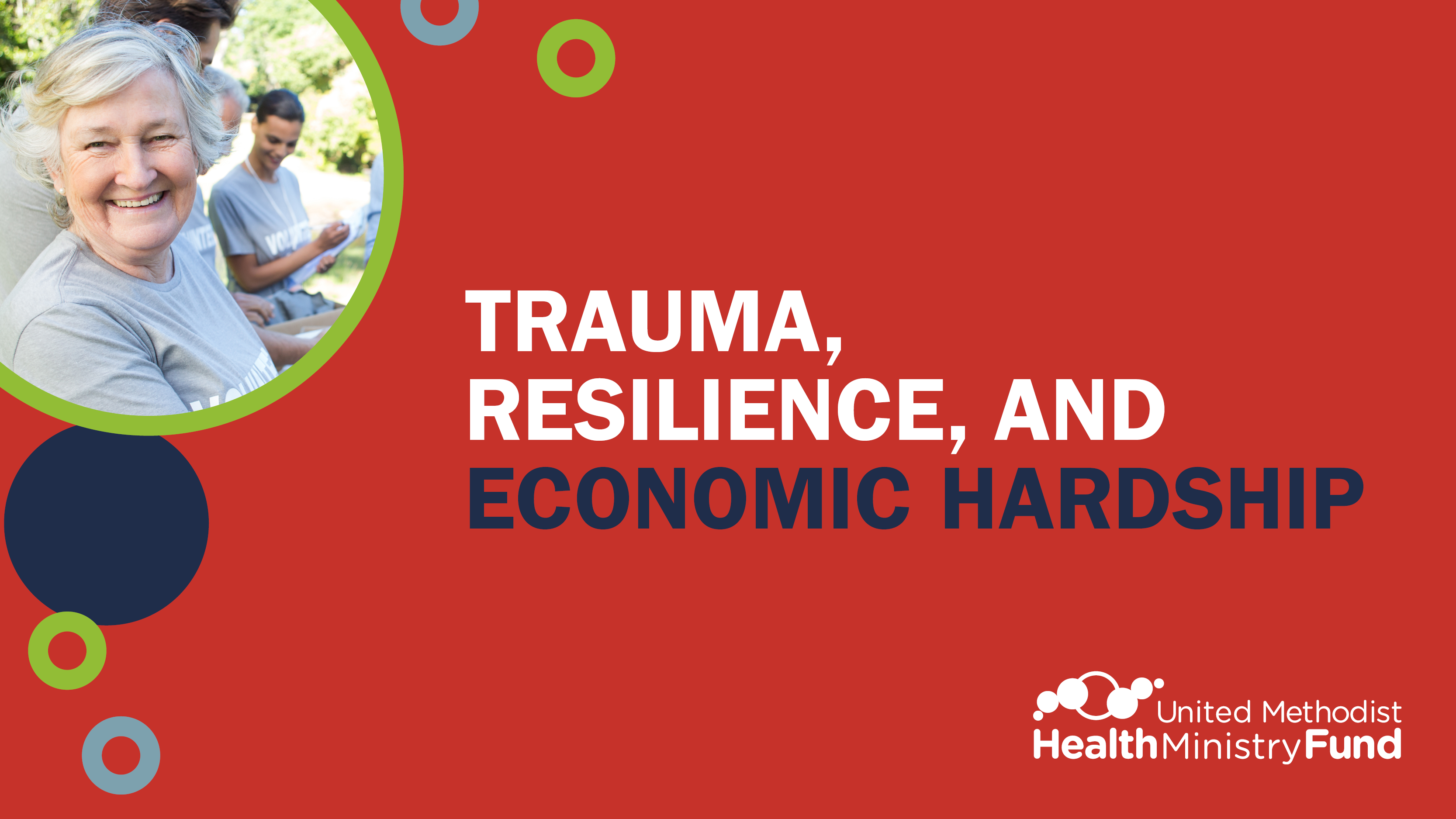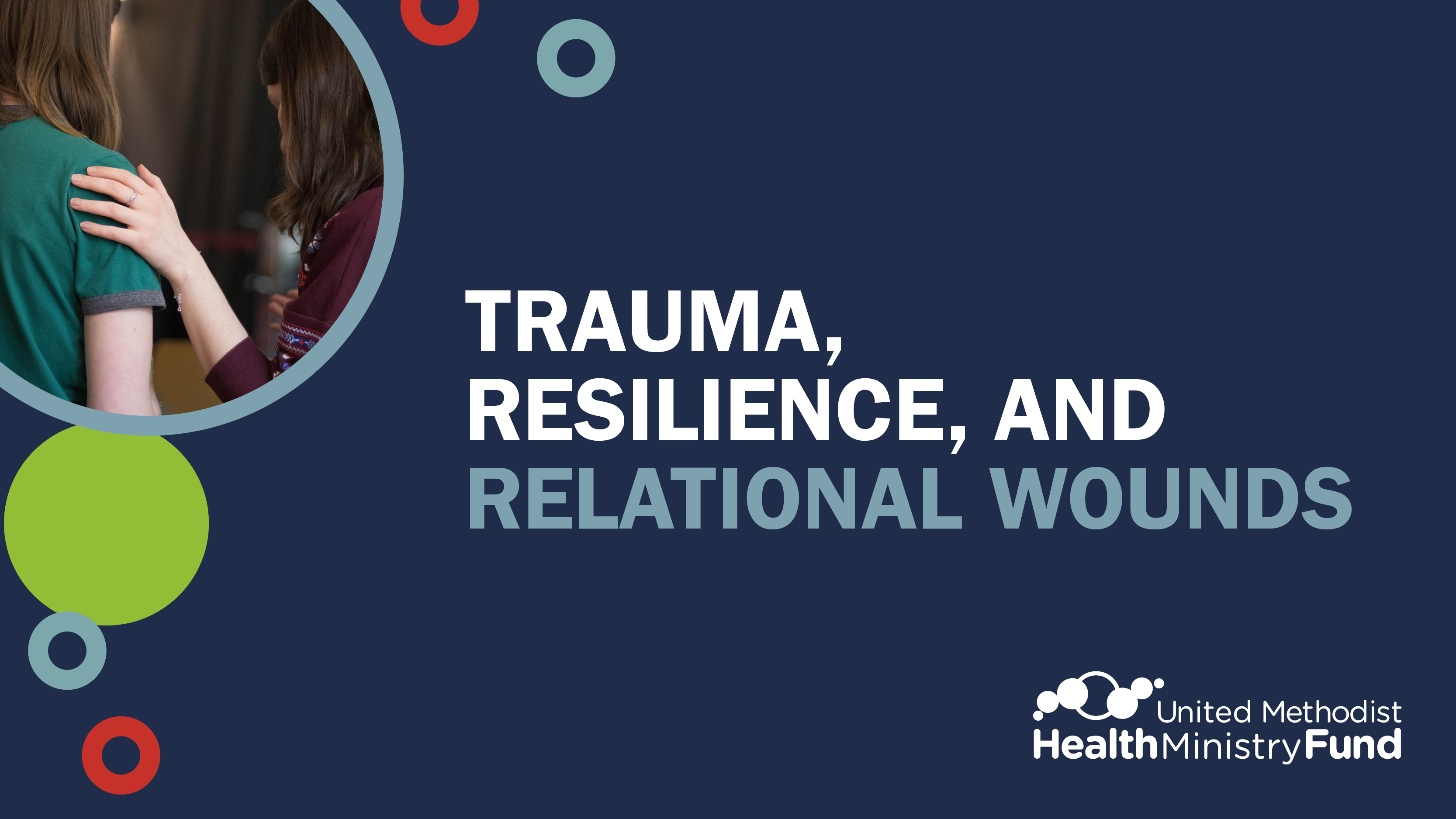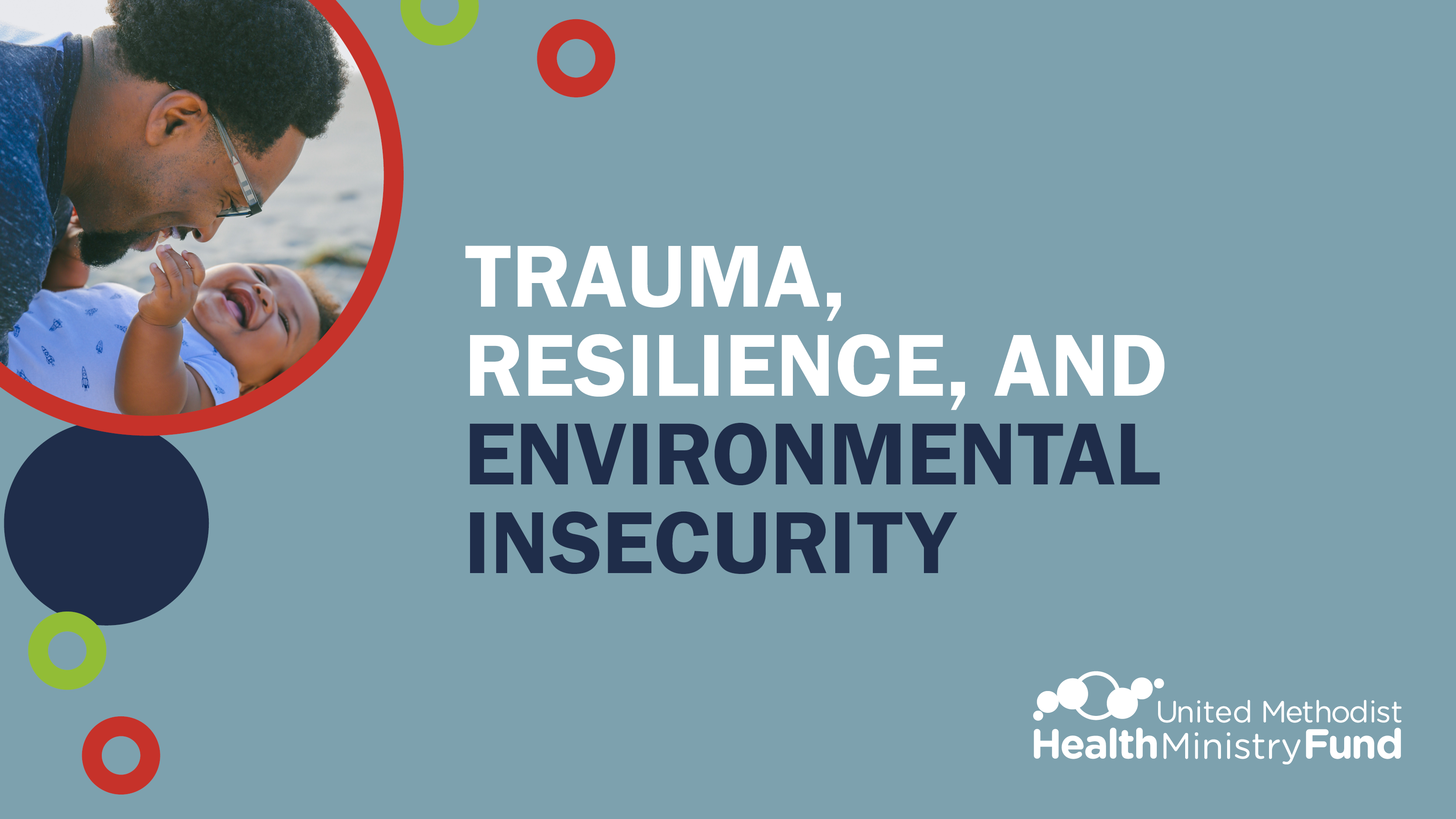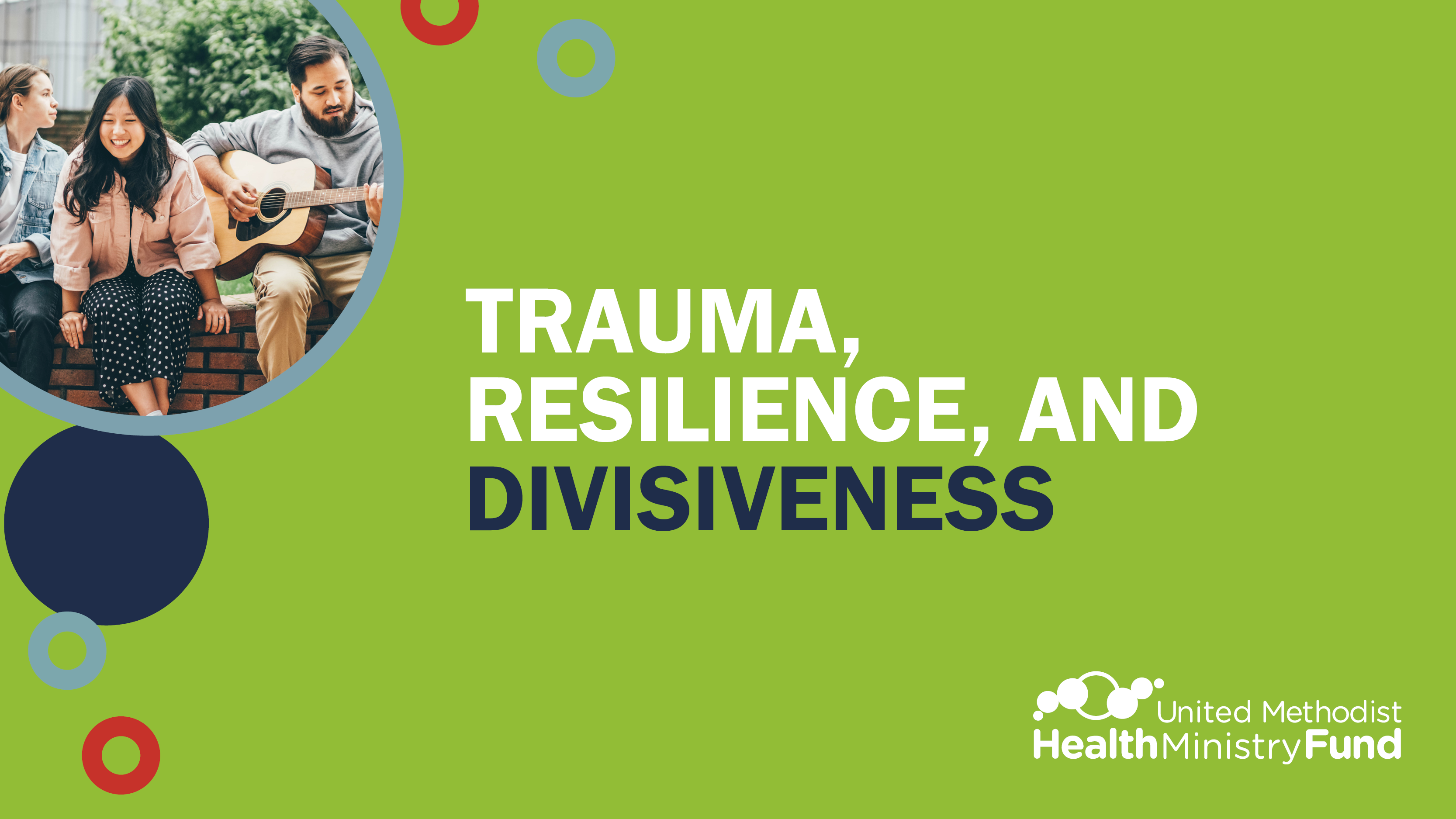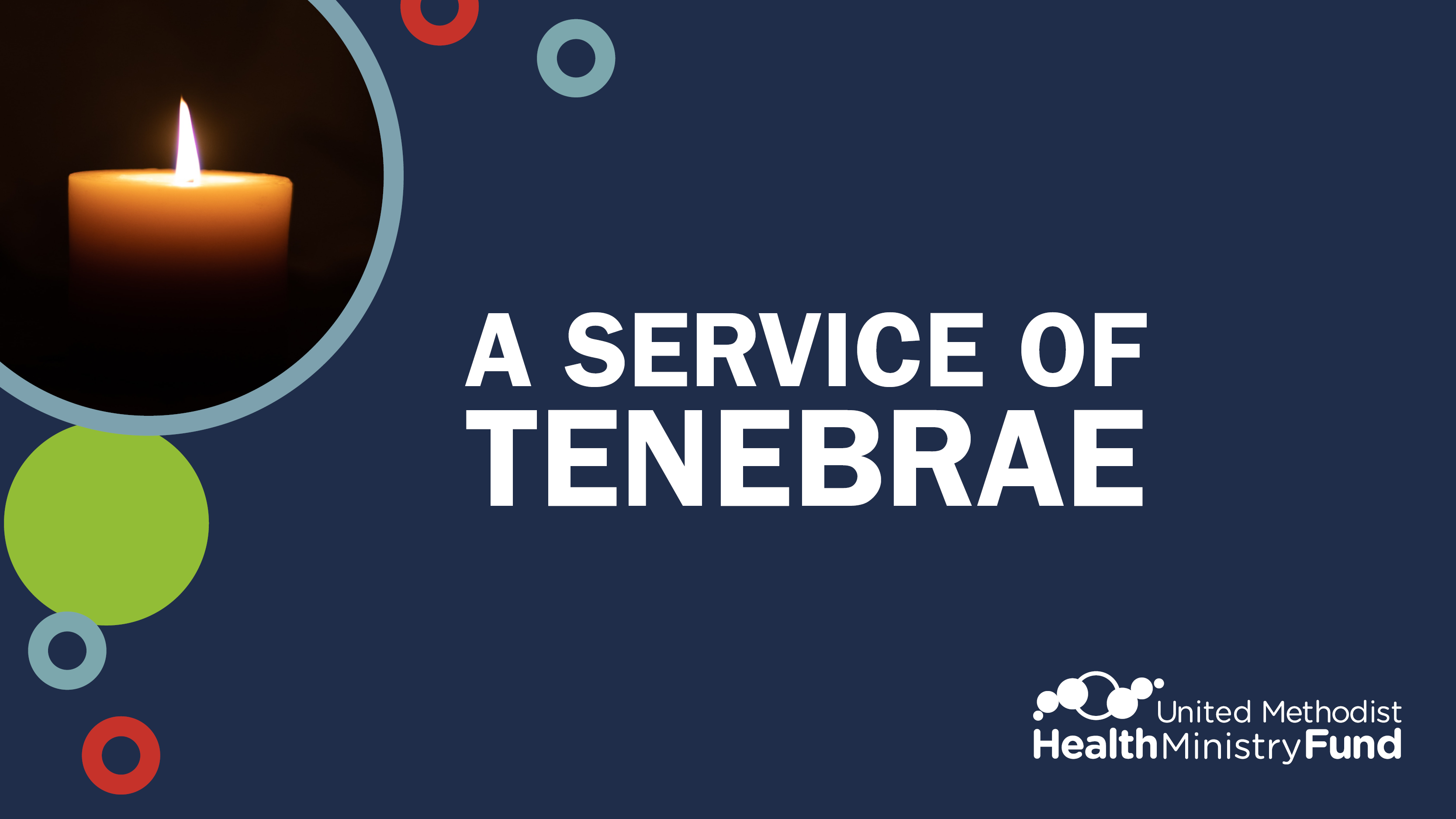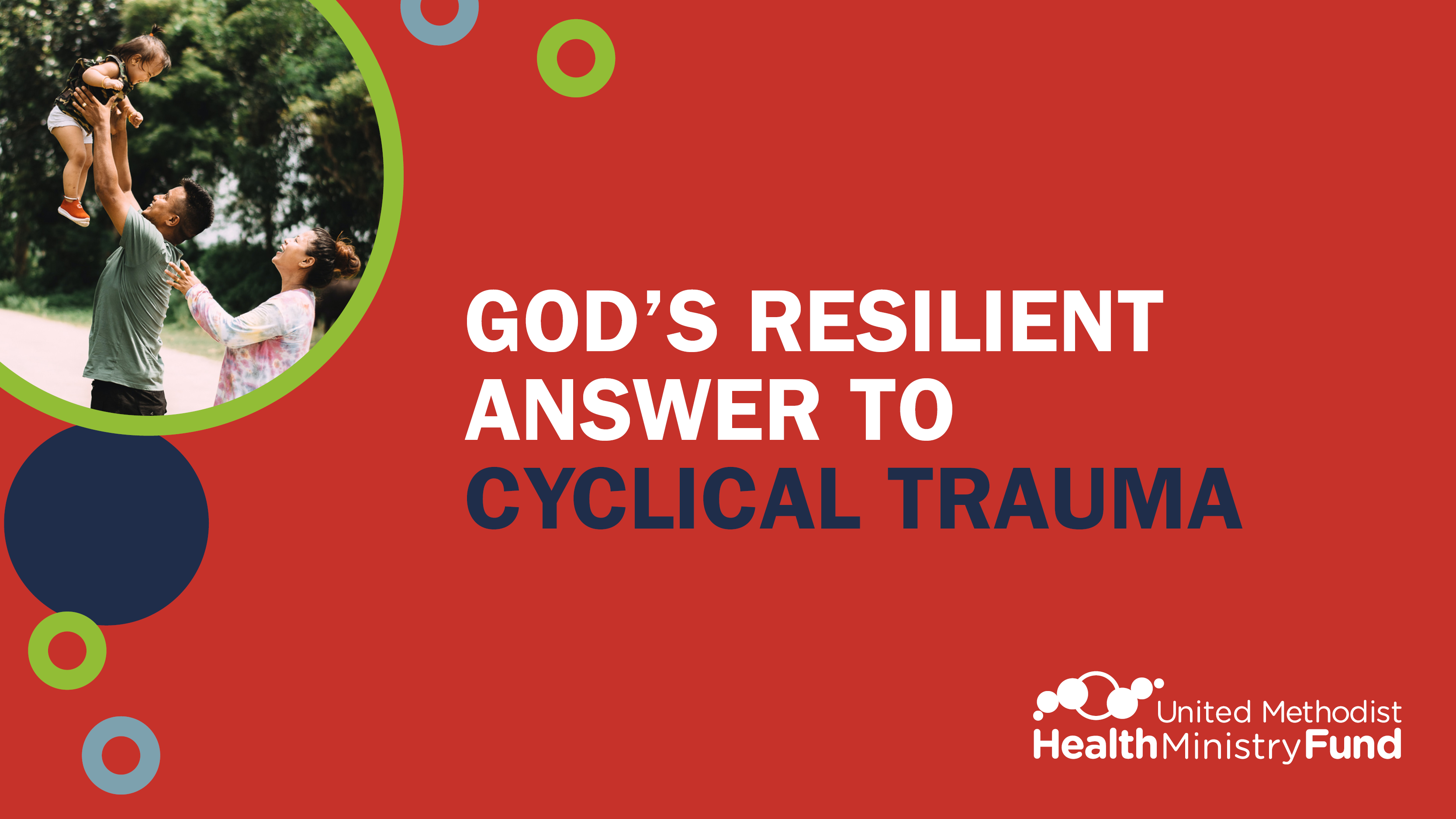
A Lenten Sermon Guide and Toolkit
At the Health Fund, we have partnered with non-profit organizations, universities, and state agencies to make healthcare more accessible for all Kansans. Yet, we know that the heartland holds a variety of lived experiences and histories that can leave negative imprints on their bodies that show up physically and emotionally in long-lasting ways. We call this trauma.
There has been a growing recognition of the lifelong effects of trauma, particularly from adverse childhood experiences (ACEs) such as poverty, abuse, or neglect. Research demonstrates the best way to offset the impact of ACEs is through strong, stable, and nurturing relationships, especially with caring adults. A major focus area of our work at the Health Fund is early childhood development, including work to help families and communities build resilience in order to prevent and mitigate the impacts of trauma.
We know that untreated trauma negatively impacts the quality of life for the trauma survivor and those closest to them. Trauma may contribute to behaviors linked to poor health outcomes, like isolation from others, poor impulse control, anxiety, or increased use of substances to numb the pain or shame from intense feelings. Our vision for this sermon guide is to help individuals and communities recognize trauma and seek healing through resilient love.
Practicing resilient love helps individuals and communities return to the healthiest versions of themselves while simultaneously creating space to receive and give compassion, love, and respect to their neighbors who may have lived and experienced different realities from their own. Turning away from shame and drawing closer to Christ emboldens communities to call out the impact of trauma on their physical and emotional health.
In this sermon guide and toolkit, you will find a call to worship, hymns, children’s sermon, exegesis, sermon notes, and benediction to lead a seven-week Lenten series centered on the trauma experienced from economic hardship, relational wounds, environmental insecurity, and communal divisiveness. Included are resources on understanding trauma and connecting others to behavioral health services in Kansas and Nebraska.
Downloads:
Sermon Guide and Toolkit
Bulletin Insert 1 | Bulletin Insert 2
Bulletin Insert 3 | Bulletin Insert 4
Bulletin Insert 5 | Bulletin Insert 6
Easter Bulletin Insert
Resource Links:
- Adverse Childhood Experiences (ACEs) assessment
- “What is Trauma?”
- Perceived Stress Scale
- National Alliance on Mental Illness (NAMI)
- “Supportive Relationships and Active Skill-Building Strengthen the Foundations of Resilience”
- “Understanding the Impact of Trauma and Urban Poverty on Family Systems: Risks, Resilience and Interventions”
- The United Methodist Church Global Ministries
- Living Room Conversations
- Center on the Developing Child
- When Helping Hurts
We’d love to hear from you! Did you use the sermon guide and/or toolkit? Would you be willing to share your feedback and experiences? Would you consider recording a brief video to share? Questions or suggestions? Please send us an email at hcnews@healthfund.org.
Additional Resources:
- The Neighbor Next Door podcast episode “Relationship: Re-Examined”
- The Neighbor Next Door podcast episode “Cormac Russell: Part 4”
- Alliance for a Healthy Kansas, “Why Expansion Matters”
- “Poverty Fact Sheet: Poor and In Poor Health”
- Indian Health Services, “Disparities”
- The Neighbor Next Door podcast episode “Lora Andrews—Hopeful Neighboring”
- The Neighbor Next Door podcast episode “Neighboring Tip: Emergency Preparedness”
- National Association of Conservation Districts directory
- “5 Soil Health Principles”
- The Neighbor Next Door podcast episode “Justin Moore: Neighboring for Health”
- The Neighbor Next Door podcast episode “Midland, Michigan Interview: Part 1”
Social Media Tiles
Below are social media tiles to help you promote the series. We would love to know if you use the guide—please tag us on Twitter or Facebook (@umhealthfund).
